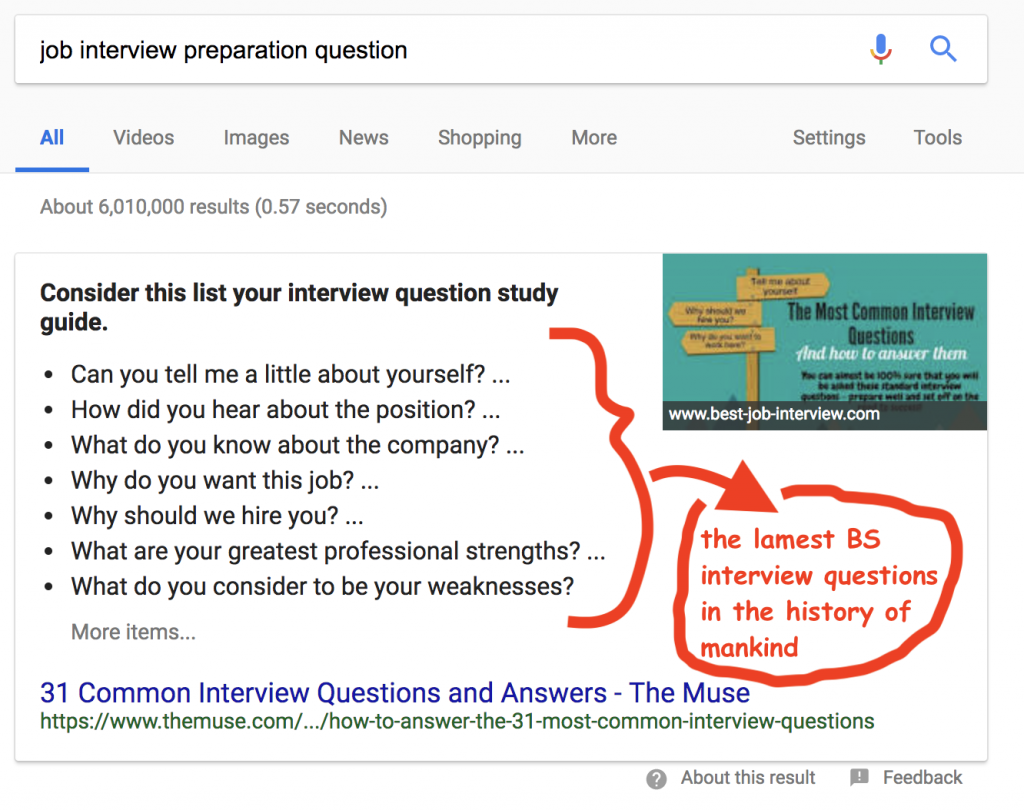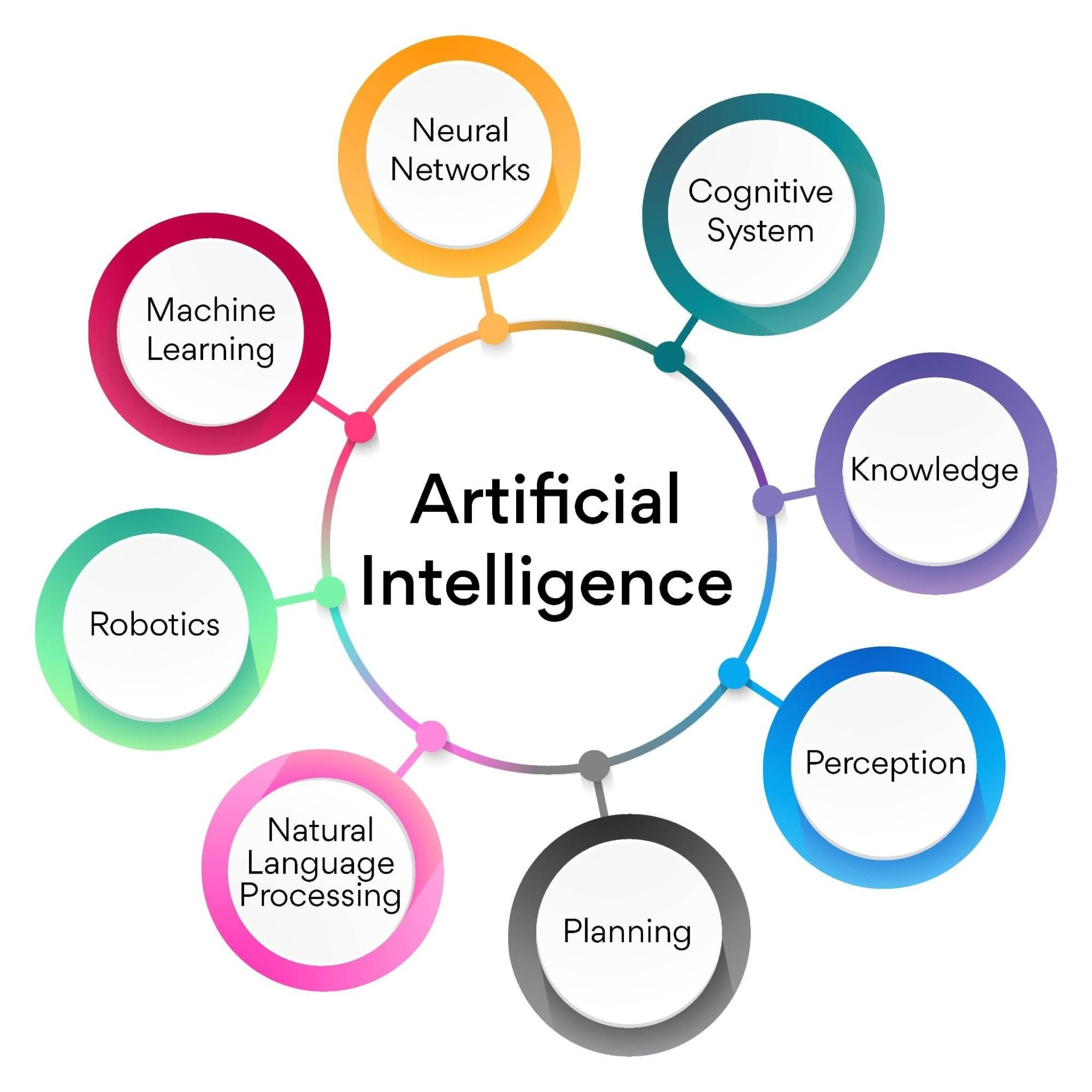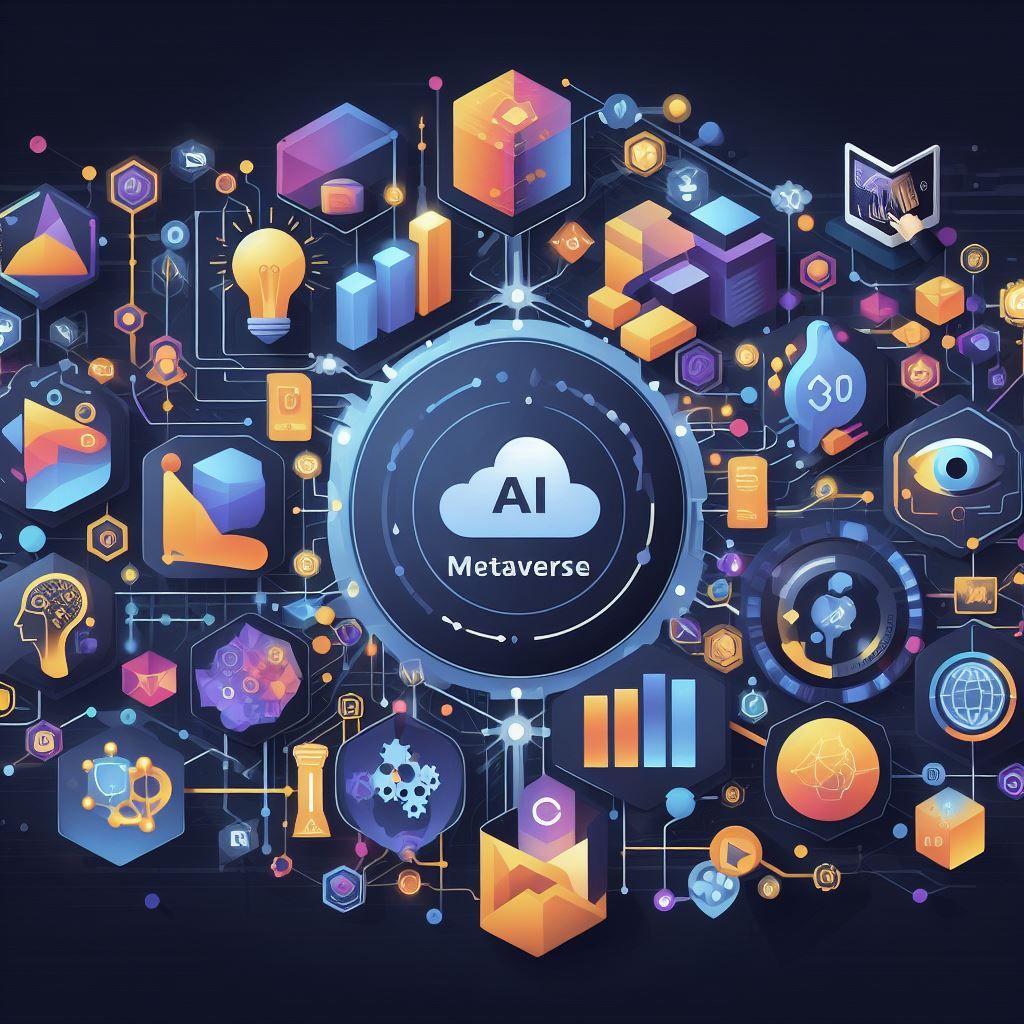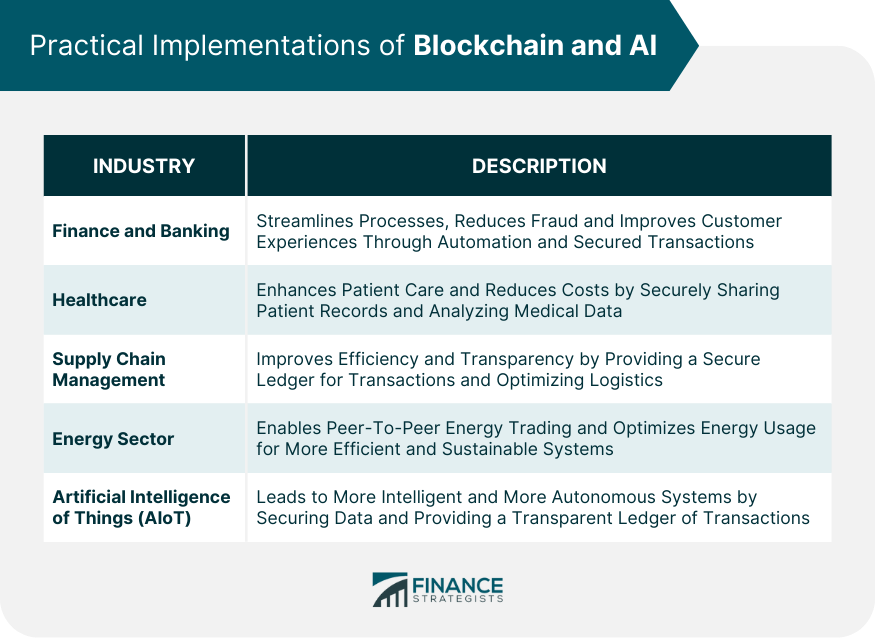
Ace Your Programming Interviews Insider Tips & Strategies

Mastering the Art of Programming Interviews
In the competitive landscape of the tech industry, mastering programming interviews is essential for aspiring developers. These interviews serve as gateways to coveted positions at top companies, where candidates are rigorously assessed for their problem-solving abilities, technical skills, and cultural fit. In this article, we delve into key strategies and tips to help you excel in programming interviews.
Understanding the Interview Process
Before diving into preparation strategies, it’s crucial to understand the structure and expectations of programming interviews. Typically, these interviews consist of multiple rounds, including technical assessments, coding challenges, and behavioral interviews. Each round is designed to evaluate different aspects of your capabilities, from algorithmic thinking to communication skills.
Preparing Effectively
Preparation is the cornerstone of success in programming interviews. Start by familiarizing yourself with common programming languages, data structures, and algorithms. Practice solving coding problems on platforms like LeetCode, HackerRank, or CodeSignal to hone your problem-solving skills. Additionally, mock interviews with peers or mentors can simulate real interview scenarios and provide valuable feedback.
Mastering Data Structures and Algorithms
Data structures and algorithms form the backbone of programming interviews. Be well-versed in fundamental data structures such as arrays, linked lists, stacks, queues, trees, and graphs. Understand their properties, operations, and time complexities. Similarly, grasp essential algorithms like sorting, searching, and dynamic programming, and practice applying them to solve diverse problems efficiently.
Improving Problem-Solving Skills
Programming interviews often present candidates with complex problems that require innovative solutions. To excel in this aspect, cultivate your problem-solving skills by regularly tackling algorithmic challenges. Break down problems into smaller, manageable components, identify patterns and edge cases, and devise systematic approaches to solve them. With practice, you’ll develop the ability to approach unfamiliar problems with confidence and clarity.
Communicating Clearly and Concisely
Effective communication is key to success in programming interviews. Practice articulating your thoughts and reasoning clearly, both verbally and in writing. During interviews, explain your thought process, algorithms, and code solutions step-by-step, ensuring that interviewers understand your approach. Additionally, actively listen to questions, seek clarification if needed, and engage in constructive dialogue with interviewers.
Managing Interview Stress
Interviews can be nerve-wracking experiences, but managing stress is essential for performing at your best. Develop strategies to stay calm and focused under pressure, such as deep breathing exercises, positive visualization, or mindfulness techniques. Prioritize self-care in the days leading up to interviews, ensuring adequate rest, nutrition, and exercise to maintain peak mental and physical condition.
Staying Updated with Industry Trends
The tech industry is constantly evolving, with new technologies, frameworks, and methodologies emerging regularly. Stay updated with industry trends, advancements, and best practices by reading tech blogs, attending conferences, and participating in online communities. Demonstrating knowledge of current technologies and trends during interviews showcases your enthusiasm and commitment to continuous learning.
Seeking Feedback and Iterating
After each interview, seek feedback from interviewers or mentors to identify areas for improvement. Reflect on your performance, analyze your strengths and weaknesses, and iterate your preparation strategies accordingly. Keep a record of










